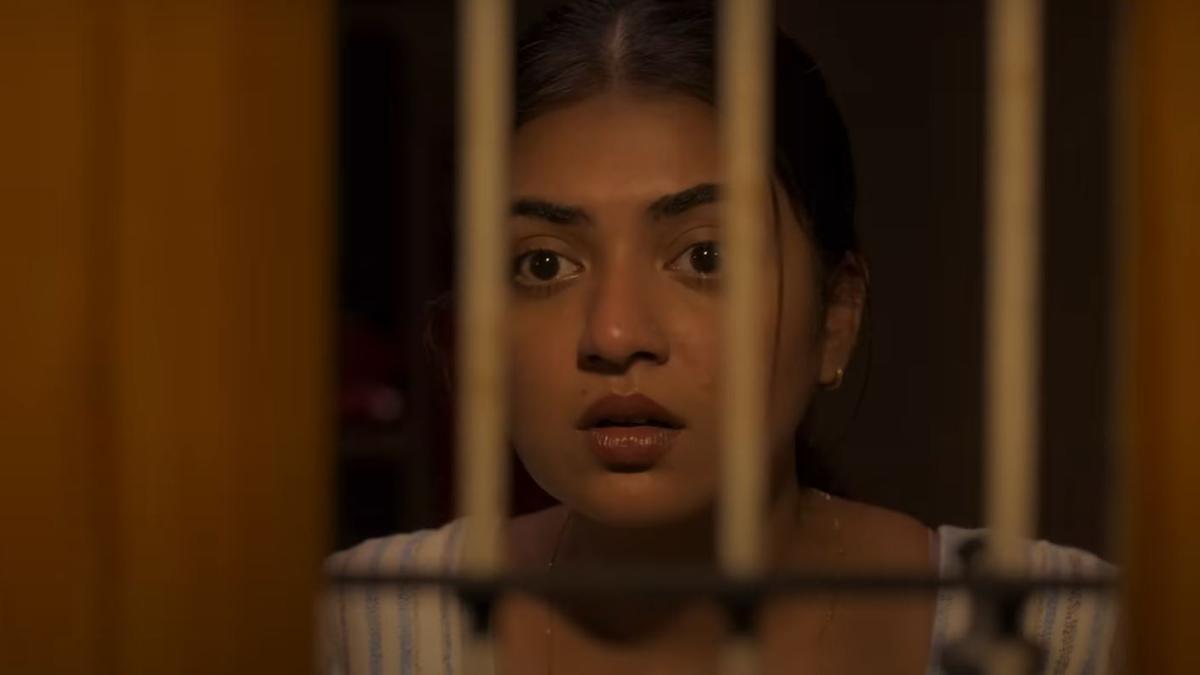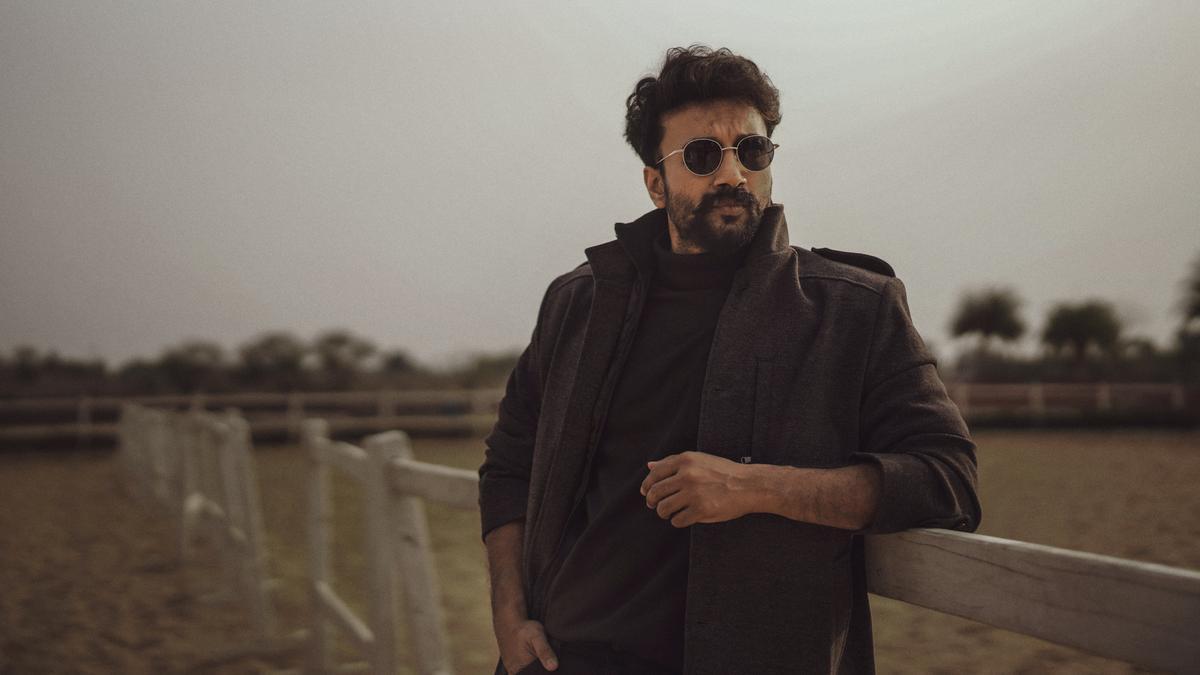
Joshua John Miller’s latest film, “The Exorcism,” aims to summon the same spine-chilling fear and profound drama as William Friedkin’s 1973 masterpiece, “The Exorcist.” Rather than recapturing the dark magic of its predecessor, however, the film falters into a realm of comedic missteps, narrowly escaping utter disaster through the sheer over-the-top desperation exhibited by Russell Crowe.
The foundation of “The Exorcism” is a tantalizing blend of meta-textual reflections and genre conventions, ambitiously seeking to cleanse its own creative sins by incessantly nodding to “The Exorcist.” The storyline trails Anthony Miller (portrayed by Crowe), a washed-up actor struggling to regain his standing by playing a priest in a film-within-a-film titled, somewhat predictably, “The Georgetown Project”—a clear shout-out to the setting of “The Exorcist.”
This choice to indulge in self-referential cues without carving out its own unique identity is where the film begins to lose its way. The opening scenes are a patchwork of iconic images: the fog-draped Georgetown townhouse, the notorious “cold room” where actors’ breath transforms into visible puffs in the frigid air. These elements, meant to be clever homages, instead come across as heavy-handed. It’s as if the film can’t stop elbowing you, whispering, “Remember this? Wasn’t this terrifying?” While Anthony Miller’s connection to the project through his father, Jason Miller (who played Father Karras in the original), adds a layer of intrigue, it doesn’t translate into the performance, rendering it nepotism at its most ineffective.
Russell Crowe’s exaggerated performance brings to mind his strange portrayal of a demon-banishing priest in last year’s “The Pope’s Exorcist.” His role as Anthony stands out as the film’s most compelling aspect, albeit one that grapples with the heavy burden of a wandering script. Crowe balances genuine emotion and unintended hilarity, managing to keep the movie from descending entirely into foolishness.
Joining Crowe is a supporting cast that contributes little to save the movie from its downward spiral. Ryan Simpkins, playing Anthony’s troubled daughter Lee, and Adam Goldberg, representing the abrasive director Peter, fail to leave a lasting impact. Simpkins’ Lee, bogged down with unresolved paternal issues, becomes a mere afterthought. Goldberg’s Peter, characterized as a caricature of a power-mad director, lacks the intensity needed to elevate his confrontations with Anthony from mildly annoying to riveting.
Despite these shortcomings, David Hyde Pierce stands out with his portrayal of a nervous and reserved consulting priest.
. His character, though often quaking with fear, sports a brave façade designed to inspire hope and faith. These moments are the film’s most engaging, though they appear too infrequently to redeem the overall experience.
Visually, “The Exorcism” falls into the trap of well-worn horror clichés. The dimly lit corners, flickering lights, and sudden shocks are plentiful but fail to lift the film out of mediocrity. In its quest to pay tribute to “The Exorcist,” the movie inadvertently highlights its own shortcomings. We’ve seen the haunting stares, twisted limbs, and vulgar demonic taunts time and again. It’s all recycled, uninspired, and eager to tick every box on the demonic-possession checklist.
The film exists in a conflict-ridden space between respectful homage and outright parody, between veneration and irreverence. The result is a mishmash of ideas that serve neither as a compelling exorcism tale nor a poignant look at a fallen star’s struggle. It ends up in a kind of cinematic purgatory, where the promise of something truly innovative remains perpetually out of reach.
Most significantly, one has to ask: can we finally exorcise Russell Crowe from these exorcism films? It appears he is determined to churn out identical demon-purging movies, complete with similar costumes and even the same poster fonts. For the love of cinematic originality, the power of Christ compels you to free Crowe from this repetitive fate.
“The Exorcism” is now available in theatres, offering viewers a mixed bag of horror tropes and missed opportunities. While it may not reach the terrifying heights of “The Exorcist,” Crowe’s fervent performance alone might make it worth a watch for some. However, be prepared for a journey that dances dangerously close to farce while it tries, and often fails, to grasp its loftier ambitions.










